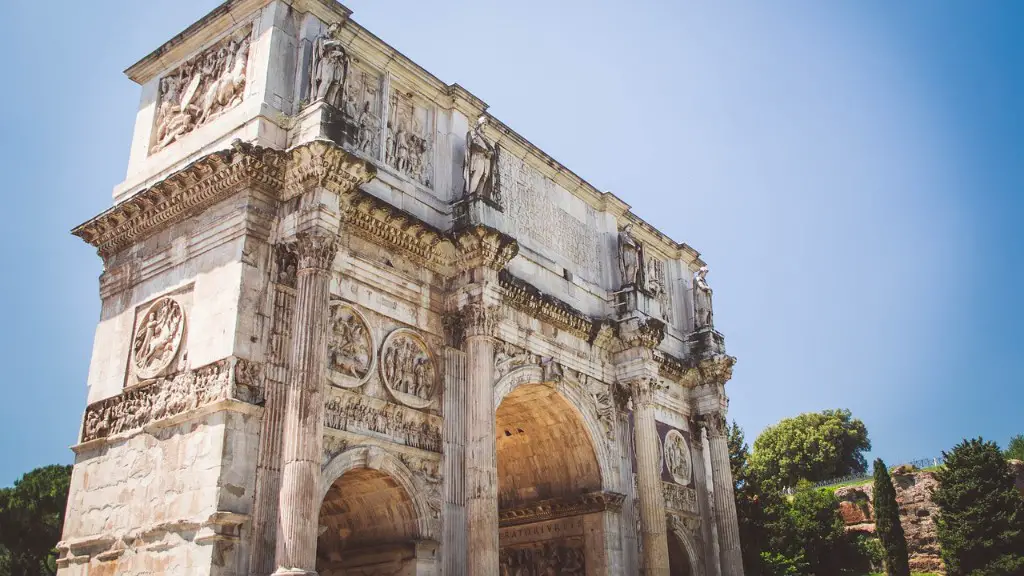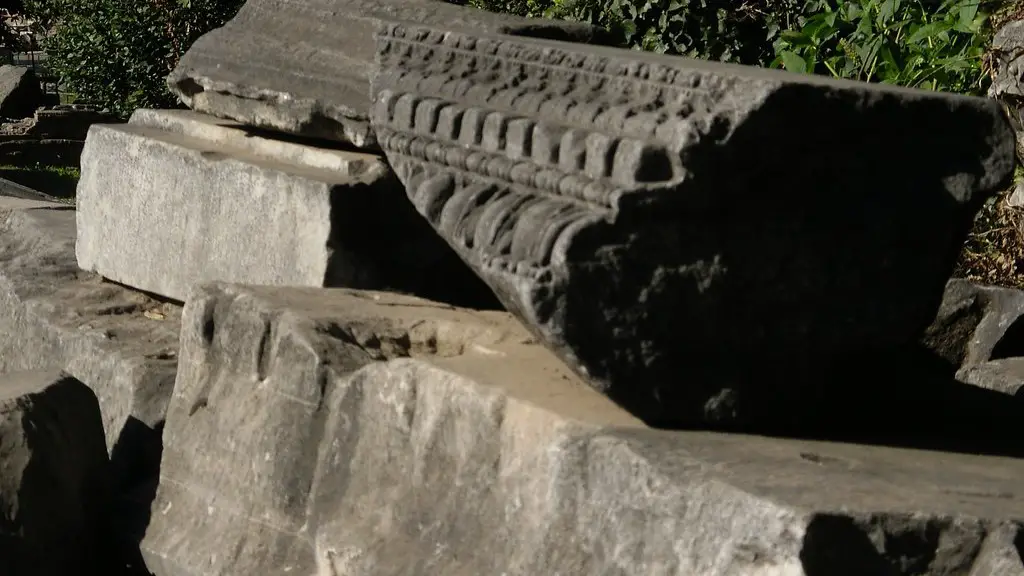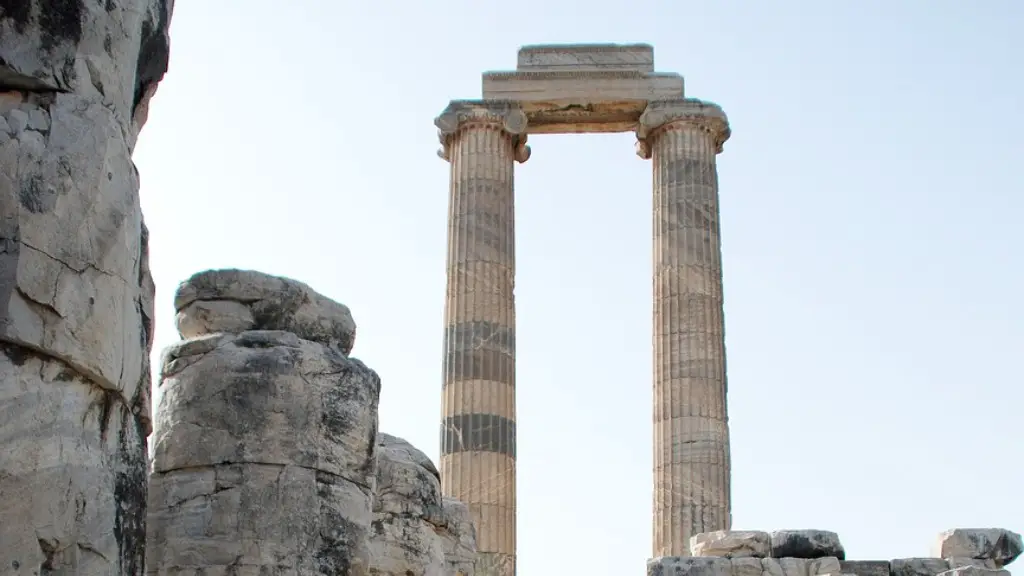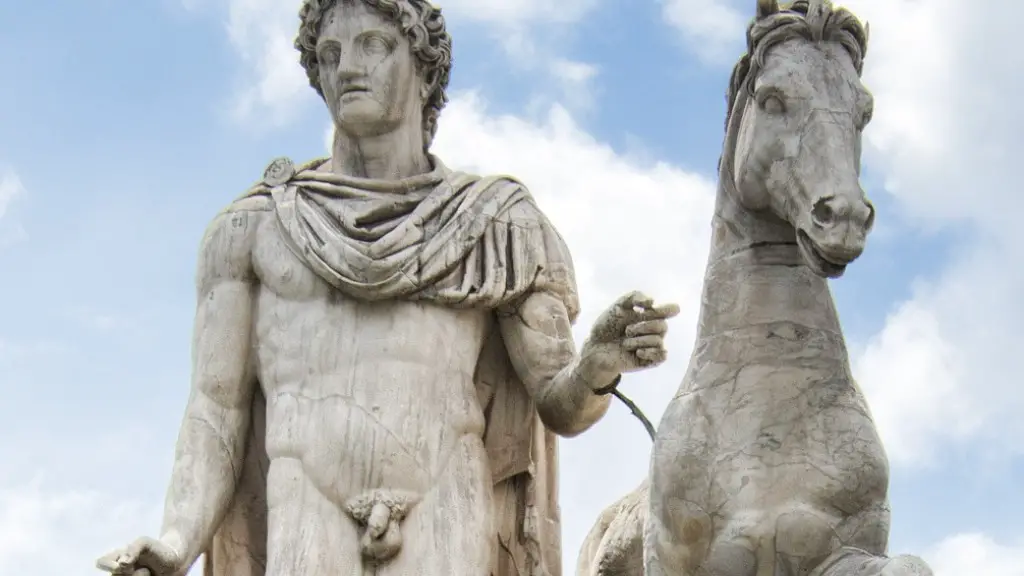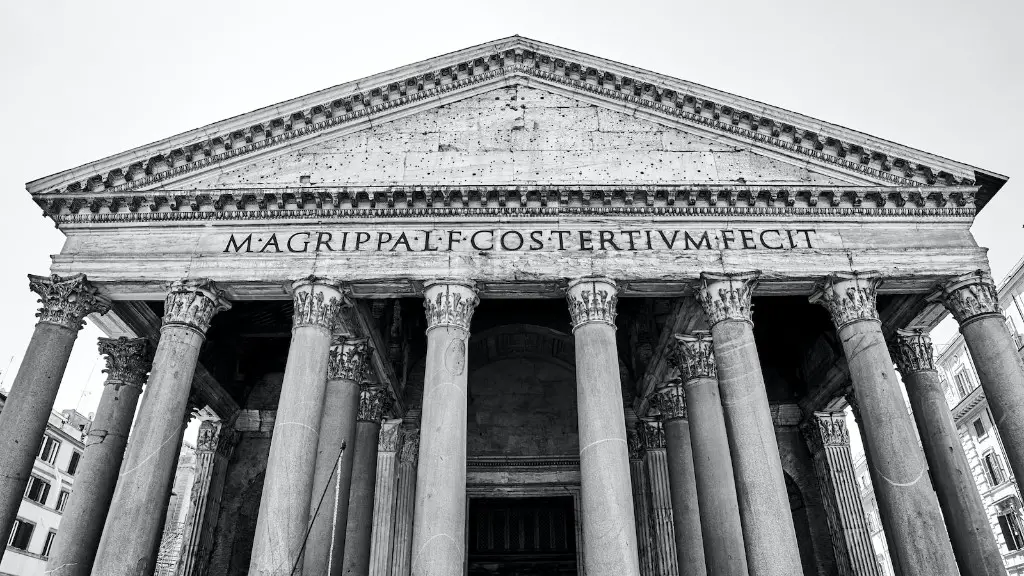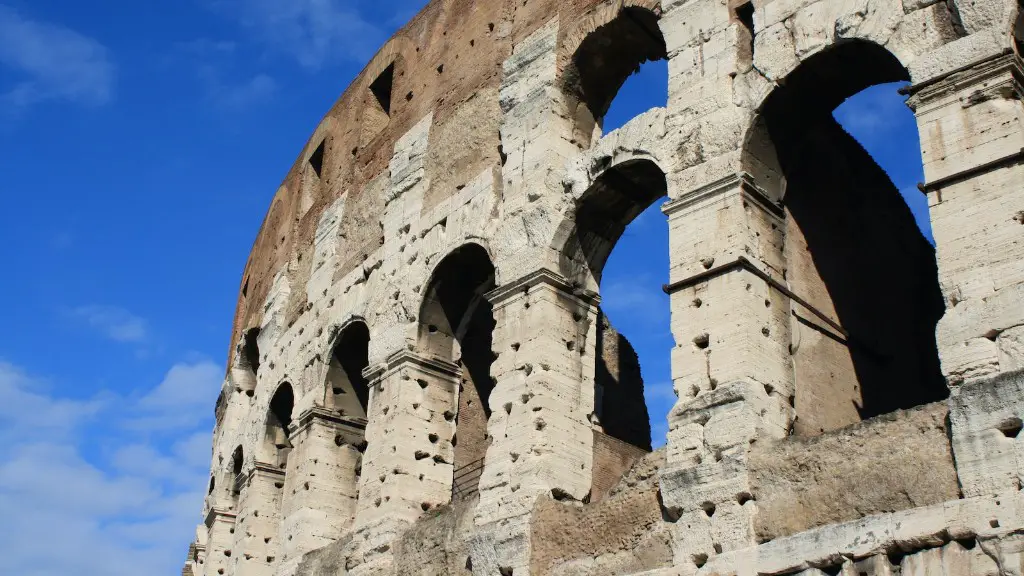A tribune was an official in ancient Rome who held certain powers over the legal system and legislature. They were elected by the people and served for a one-year term. Their duties included protecting the rights of citizens, acting as a mediator between the people and the Senate, and presiding over the Assembly.
The main function of a tribune was to serve as a protector of the people. This was especially true in the case of the tribunes of the plebs, who were elected to represent the interests of the plebeian class. In addition to this, tribunes also had the power to convene the Roman Senate and to pass laws on behalf of the people.
What was the role of Roman tribune?
The Roman Tribune was a powerful position in Ancient Rome. The Tribune held the power to assemble the plebs, propose bills to be voted upon, and pass resolutions or laws. At first, these laws only affected the plebs, but by 287 BCE, the laws passed by the tribune and plebian assembly applied to all Roman citizens, including the Patrician class. The Tribune was a key position in the Roman Republic and helped to ensure that the voice of the people was heard.
A tribune was an elected official in Ancient Rome who served as a protector of the people. They were responsible for maintaining order and ensuring the safety of the citizens. Tribune was also a title given to an officer of the Roman army who ranked below the legate and above the centurion.
What power did the tribune have
The tribunes were a class of officials in ancient Rome who had the power to convene and preside over the Concilium Plebis (people’s assembly); to summon the senate; to propose legislation; and to intervene on behalf of plebeians in legal matters. The most significant power of the tribunes was to veto the actions of the consuls and other magistrates, thus protecting the rights of the plebeians.
The tribunes were an important part of Roman society and held a lot of power. They were responsible for many administrative and military duties, and could even lead a legion on the battlefield. The two most important tribunes were the tribuni plebis and tribuni militum. The plebian tribunes were elected by the people and were responsible for protecting their rights, while the military tribunes were appointed by the consuls and were responsible for leading the legions.
What rank was a tribune?
A military tribune was an officer of the Roman army who ranked below the legate and above the centurion. Young men of Equestrian rank often served as military tribune as a stepping stone to the Senate.
Roman slaves were the lowest class in society and had no rights. They were considered property of the master and their quality of life varied according to their master’s wishes and the job they were given. Slaves could be abused, tortured and even killed by their masters with no repercussions. Life as a Roman slave was not a life to be envied.
Why is it called a tribune?
A tribune was an elected official in ancient Rome who protected the citizens from the oppression of the Senate. The tribunes were a check on the authority of the Senate, and their job was to represent the interests of the people.
The Roman magistrate was a public official in Ancient Rome. Magistrates were elected to govern the city on a variety of matters. The number of magistrates varied over time. The most common magistrate was the consul. Other magistrates included the interrex, the consular tribune, and the censor. The magistrate was responsible for administering justice and keeping the peace.
How many soldiers did a tribune command
A Legate commands a legion and is always a senator. They are picked by the emperor. Tribunes are six officers who are lead by a senior tribune. The Legate’s right hand man.
Tiberius Sempronius Gracchus was a Roman tribune who lived in the 2nd century BC. He is known for his agrarian reforms, which were designed to help the poorer class of Roman citizens. Gracchus was assassinated in 133 BC, and his death sparked a civil war that lasted for over a decade.
Who could become tribune?
The office of Roman tribune was an important position in Ancient Rome. Only free-born plebeians were eligible for the office, which was annual. The election took place at first in the comitia curiata, but after 471 in the comitia tributa, under the presidency of any tribune who happened to be in office at the time. The tribunes had the power to veto any action of the Roman Senate or magistrate, and also had the power to convene the Roman Assembly.
The plebeians were the lower class citizens of ancient Rome who didn’t have any political power. Over time, they elected their own representatives, called tribunes, who had the power to veto measures passed by the senate. This gave the plebeians some political power and helped to balance the power between the different classes in Rome.
What did a tribune command
A tribune was a high-ranking officer in the Roman army. Each tribune was assigned to command a portion of the Roman army, subordinate to the magistrates and promagistrates appointed by the senate, and their legates. Within each of the legions, various middle-ranking officers were also styled tribune.
The term of office of the tribune was one year. Only a plebeian could become a tribune of the people. Tribunes were originally elected to protect the interests of the plebeians, but over time they acquired more power and became an important part of the Roman government.
What was the lowest rank in the Roman army?
The equivalent of today’s Privates in the Roman Army would be the enlisted ranks. This would include Privates First Class, Specialists, and Corporals. The lowest rank was the Tiro (plur =Tirones). The Tiro was the new recruit, and would spend six months in training to become an official soldier of Rome.
Roman girls were traditionally considered marriageable at the age of twelve. This was because menarche (the onset of menstruation) usually occurred between the ages of thirteen and fourteen. Some marriages, particularly among the upper classes who tended to marry earlier than plebians, were therefore between prepubescent children. This was not considered problematic at the time, but would be seen as highly inappropriate today.
Final Words
A tribune was a public official in ancient Rome. He was responsible for the administration of justice and the protection of the rights of the people.
In ancient Rome, a tribune was a public official who represented the interests of the people. Tribune was also the title of various elected officials in other cities and countries.
